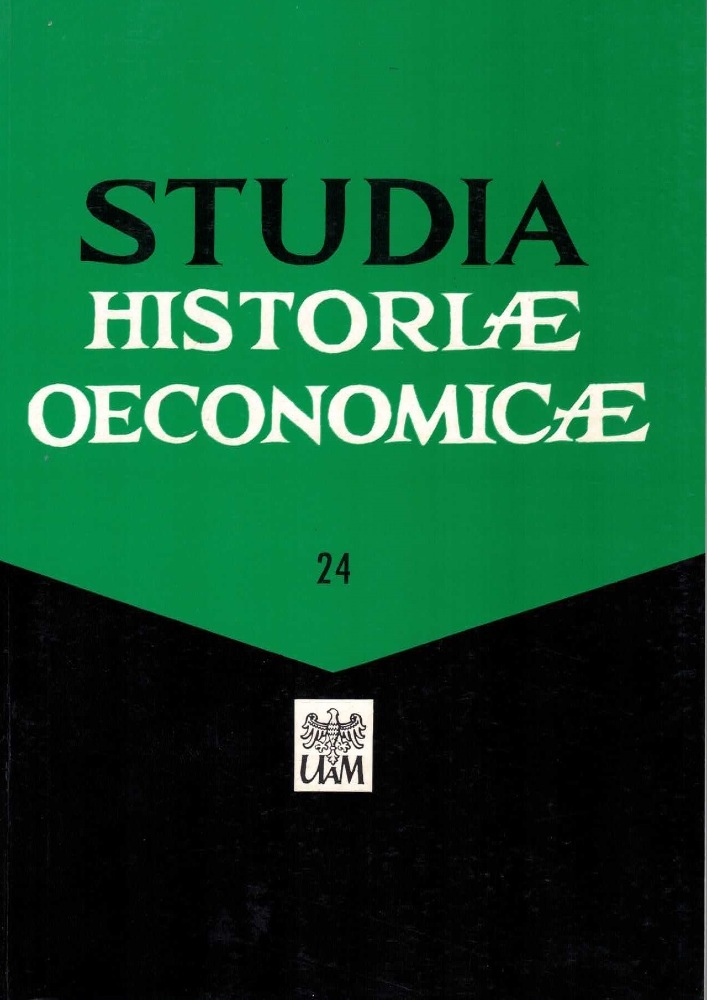Abstract
In contemporary philosophy of history, the conviction that the historical process plays a decisive role in the constitution of human existence has become firmly established. In this context, the discourse on the idea (or category or theory) of historical progress has experienced a rebirth. In the past, this category was the subject of numerous works and reflections. This was already evident in ancient Greek thought, when the theory of civilizational progress collided with that of the cyclical concept of time. The theory of civilisational progress (that is, progress in the historical process) emerged together with the "increasing awareness of the individual's subjectivity as the actual creator of his destiny and his world", but also with the growing conviction that man is capable of using "his natural intellectual freedom" to mark out new paths and that the nature of human knowledge is "infinite and creative" (Posidonius). This idea was rejected by Christian cultures, for whom every commodity of civilisation lost its value as belonging to the temporal sphere of life.
License
© by Institute of History, Adam Mickiewicz University, Poznań, 2001
OPEN ACCESS




